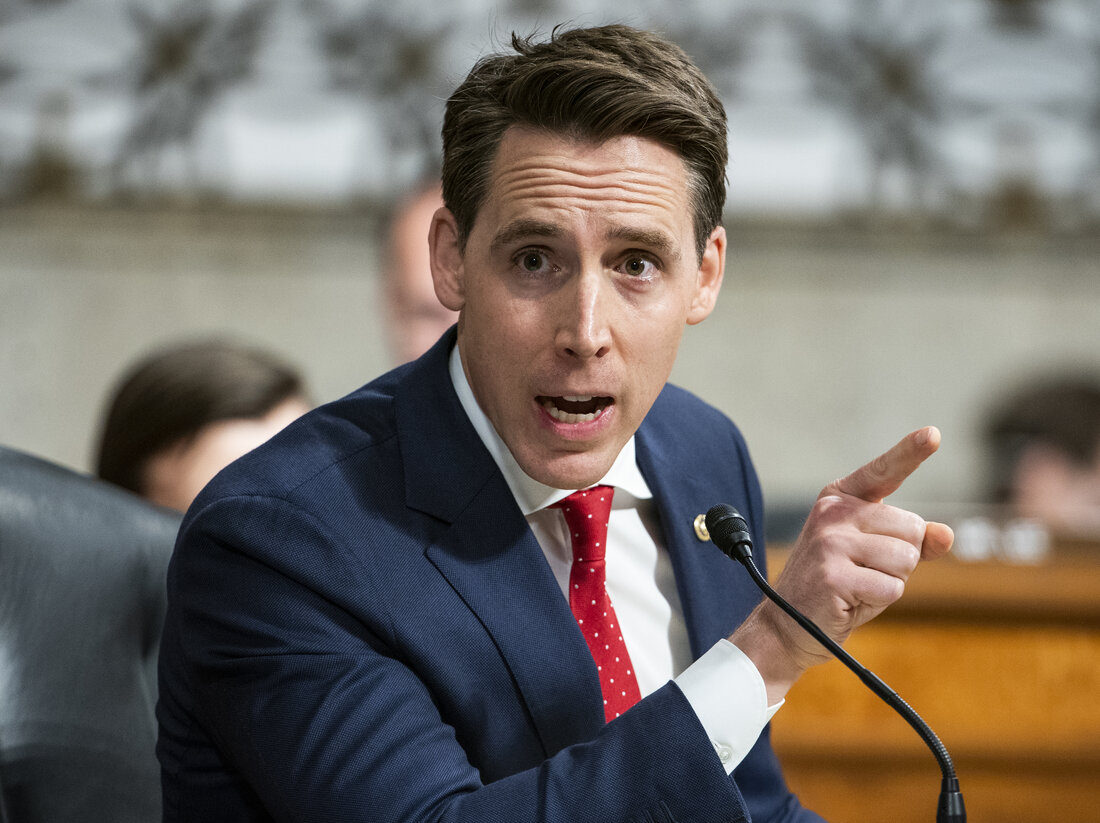Senator Josh Hawley (R-Mo.) has strongly criticized Homeland Security Secretary Alejandro Mayorkas and FBI Director Christopher Wray for skipping a Senate hearing on national security threats. Hawley alleges that their absence was a deliberate move to avoid accountability following the high-profile conviction in the Laken Riley murder case. The Missouri senator is now pushing for subpoenas to compel their testimony.
The Senate Homeland Security and Governmental Affairs Committee scheduled the hearing to discuss pressing national security concerns. These sessions traditionally feature top officials from the Department of Homeland Security (DHS) and the Federal Bureau of Investigation (FBI). However, both Mayorkas and Wray declined to attend, citing the need to provide sensitive information in a classified setting.
Hawley and other lawmakers view their absence as an attempt to sidestep public scrutiny. Hawley remarked, “Their refusal to testify publicly is an outrage and a brazen attempt to avoid oversight for political abuses.”
The timing of their decision has raised eyebrows, coinciding with the conviction of an illegal immigrant in the murder of Laken Riley. This case has placed additional pressure on immigration policies and law enforcement practices, with Hawley suggesting the officials wanted to avoid addressing these topics publicly.
Senate Homeland Security Chairman Gary Peters (D-Mich.) also expressed frustration, calling the absence a “shocking departure” from the tradition of public accountability that has spanned over 15 years. Peters noted that such hearings are vital for transparency on issues impacting national security.
The FBI defended its decision, stating that classified briefings are a more appropriate forum for discussing sensitive topics. Similarly, the DHS emphasized the importance of sharing information securely, offering to provide a classified briefing instead.
Hawley, however, has dismissed these justifications and is urging his colleagues to issue subpoenas to ensure Mayorkas and Wray answer questions in a public forum.
This controversy has fueled broader concerns about transparency and accountability in federal agencies, particularly on critical issues like immigration enforcement and national security. As tensions escalate, Congress may have to grapple with the balance between public oversight and the need for confidentiality in addressing sensitive matters.



